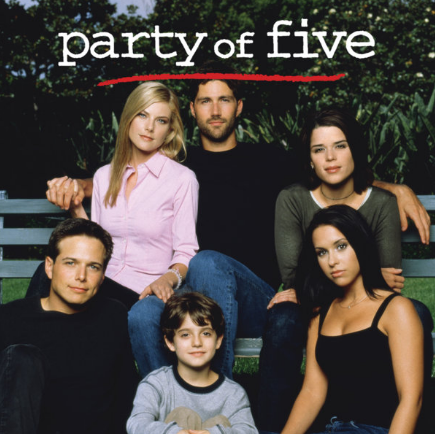This really comes down to relationship vs influence. Its a critical piece of understanding when providing insights and logical decision making.
Correlation refers to the degree of association or relationship between two variables, while causation refers to the ability of one variable to influence or cause changes in another variable. Just because two things are correlated, it doesn’t mean that one causes the other.
Let’s use an example: Imagine that you notice that every time you eat ice cream, it gets hotter outside. You might assume that eating ice cream causes the temperature to rise, but that’s not true. The real cause is that it’s summer, and in the summertime, it’s usually hot outside. Eating ice cream and the temperature are correlated, but ice cream doesn’t cause the temperature to rise.
Another example: Imagine that a study finds a correlation between people who watch TV for more than four hours a day and being overweight. This doesn’t necessarily mean that watching TV causes people to gain weight. There could be other factors at play, such as the fact that people who watch a lot of TV may be less active or have poor eating habits.
Therefore, correlation does not imply causation. It’s important to dig deeper and consider other factors that could be influencing the relationship between two variables before drawing any conclusions about causation.





